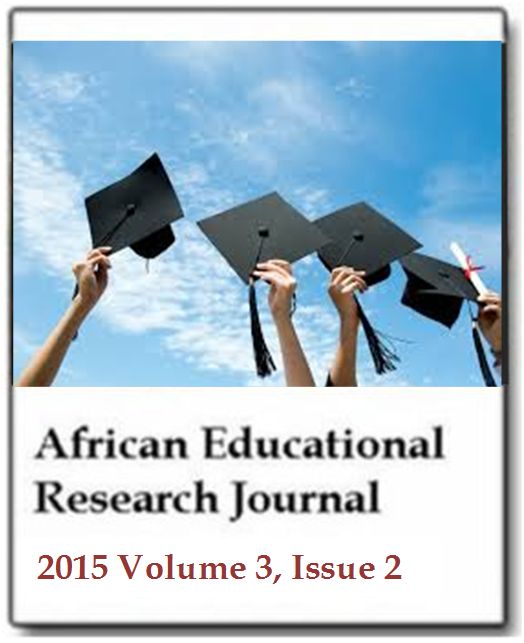Early child care and education attainment in Ethiopia: Current status and challenges
Tsegai MulugetaAfrican Educational Research Journal
Published: June 17 2015
Volume 3, Issue 2
Pages 136-142
Abstract
This article focuses on the first of the six Education for All (EFA) goal as conceived in Dakar, which calls upon countries to expand and improve comprehensive Early Childhood Care and Education (ECCE), especially for the most vulnerable and disadvantaged children. Strong early childhood foundations — including good health, nutrition and a nurturing environment — can help ensure a smooth transition to primary school, a better chance of completing basic education, and a route out of poverty and disadvantage. The objective of the study is therefore, to assess the status of ECCE in Ethiopia at this last year of the EFA goals and learn experiences from other countries to incorporate in the post EFA goals. This review utilizes document analysis techniques from different sources. The study’s findings indicated that the enrolment of pre-primary education is increasing every year though underreporting remains a persistent issue in the kindergarten centers. Preprimary enrolment has increased dramatically starting from the year 2004 E.C. (2011/12) and this is because ‘O’ class and child to child enrolments have been counted as part of pre-primary. In 2005 E.C. (2012/13) out of the estimated 7.71 million children of the appropriate age group (age 4 to 6) about 2.01 million children have been reported to have access to pre-primary education all over the country. Though the enrolment is small when compared to the appropriate age group, gross enrolment rate is higher than the previous year. This increase is due to the improved reporting of “O” class and child to child data in the year 2005 E.C. (2012/13) from primary schools. Finally, it is recommended among others that; there should be high-level political support, a consultative process to develop a national ECCE policy for children from birth to age 8, stronger and more partnerships between government and the private sector, and upgrading of ECCE staff, particularly through flexible recruitment strategies.
Keywords: Early childhood care and education, education for all, O-class.
Full Text PDF
